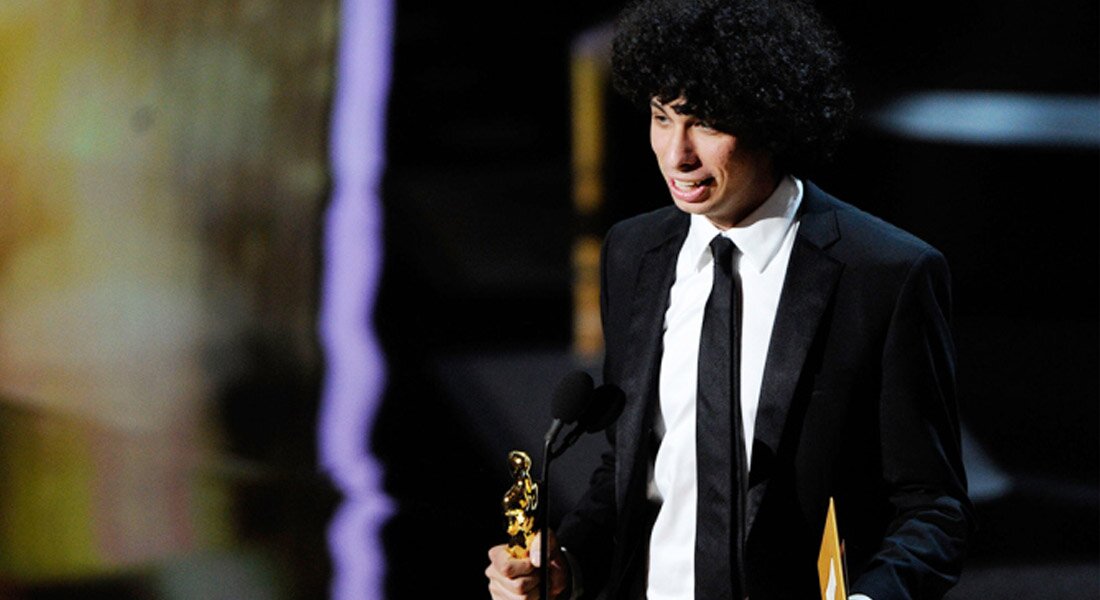
Windrider Int’l Student Film Festival featured in VARIETY
Steve Chagollan
Assistant Managing Editor, Features @SteveChagollan
The Angelus Student Film Festival, an annual affair that took place at the Directors Guild in West Hollywood, has assumed a new identity as the Windrider International Student Film Festival. The live-action and documentary short showcase awards three prizes worth $10,000 each for works that are 45 minutes or less.
Under its new moniker, named after primary sponsor The Windrider Institute, WISFF will debut at the 2016 Sundance Film Festival, where Windrider has held film forums since 2005.
Windrider might be considered a film-driven think tank “designed to facilitate thoughtful conversation, awaken compassion, and inspire change” that has been associated with Angelus for several years.
“They would sponsor our trips to Sundance,” says Monika Moreno-Lapp, director of WIFF, about a curriculum that would grant students credit for using Sundance as a laboratory. “They would bring film students over there and call it a conversation crossroads between film and faith. (The students) would study the films, come back and discuss them on many different levels.”
Angeles, which dates back to 1993, touts a history of prizewinners who’ve gone on to greater recognition. In 2010, Luke Matheny’s “God of Love” was the recipient of Angelus’ Patrick Peyton Award for Excellence before it was nominated for, and won, an Academy Award for best live action short the following year. (The shaggy-haired Matheny’s acceptance speech was one of the highlights of the 2011 Oscar ceremony.)
It marked the third consecutive year that Angelus winners were nominated for Oscars, which give short films the attention they normally lack during the course of the year. Another Angelus alum, Barbara Schock, won an Oscar in 2000 for her short “My Mother Dreams the Satan Disciples in New York.”
Prize money comes from various sponsors, one of the largest of which is the John Templeton Foundation, a philanthropic research organization that encourages “civil, informed dialogue among scientists, philosophers, and theologians for the purposes of definitional clarity and new insights.”
If it all sounds rather obtuse, it also points to Windrider’s emphasis on what Moreno-Lapp calls its “vision statement,” seeking out films that resonate universal human values as well as examine the human condition.
“(Templeton) is more science-based, but they’re interested in what we’re doing because our student filmmakers do ask the big questions in science, life, creation, purpose,” she says. “And that’s what sets us apart from the other festivals.”
Moreno-Lapp explains that Angeles came of age “out of chaos in a way,” pointing to the popularity of Quentin Tarantino’s “Pulp Fiction,” which won the Palm d’Or at the 1994 Cannes Film Festival.
“After ‘Pulp Fiction’ came out, the film schools were deluged with Tarantino wannabes,” she recalls. “They were more intent on replicating (that film’s) blood and violence than getting into the story. So a few got together and said ‘hey, there’s nothing out there to encourage student filmmakers to do other things, to concentrate on cinematic storytelling and on such themes as redemption, resilience, social justice, dignity.’ And that’s when it was born.”
The WISFF’s call for entries for its inaugural edition began in March, with an “early bird deadline” of Sept. 15 and an official deadline of Oct. 15. Submission fees for the two deadlines are $35 and $45, respectively, with students able to submit films via film festival portal FilmFreeway.